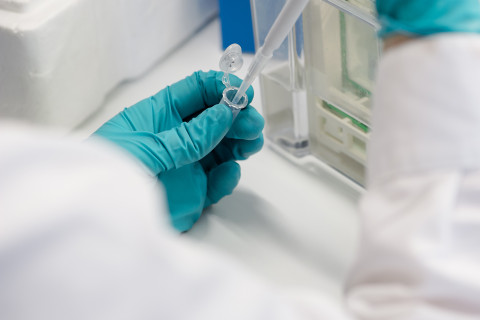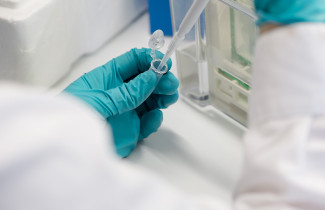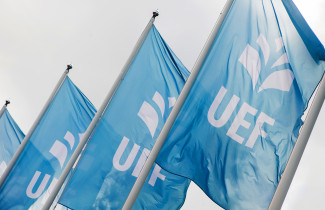The doctoral dissertation in the field of Pharmacy will be examined at the Faculty of Health Sciences at Kuopio campus. The public examination will be streamed online.
What is the topic of your doctoral research? Why is it important to study the topic?
Neurodegenerative diseases, such as dementia or Alzheimer’s disease, develop insidiously over time and pose a global health burden due to ageing populations. The associated neuroinflammation is contributing significantly to the progression of these diseases. The prevalence of these diseases is estimated to increase annually by 2-3.5 % rendering millions of people suffering and costing the world economy trillions of dollars. There is a huge unmet medical need to treat these neuroinflammation-associated diseases. Improving the efficacy of clinically used anti-inflammatory drugs by enhancing their brain delivery is a promising strategy to treat neuroinflammation. This strategy was examined in this thesis via the utilisation of a membrane carrier, L-type amino acid transporter 1 (LAT1).
What are the key findings or observations of your doctoral research?
In this thesis, we developed novel anti-inflammatory prodrugs which can utilise the membrane transporter LAT1 in the brain. This has enhanced the transport of drugs into brain cells. As a result, the efficacy of their parent drugs in the brain was enhanced while minimising off-target drug exposure. These findings shed the light on the importance of membrane carriers in increasing the drug’s efficacy in the brain. Applying this approach in the early stages of drug development would not only boost the success rate of developing effective and safe neurotherapeutics but also allow for the repurposing of clinically used drugs in the treatment of neurological diseases.
What are the key research methods and materials used in your doctoral research?
In this thesis, we investigated the impact of improving drug delivery on the drug’s efficacy while achieving minimal off-target exposure. We used a variety of methods to accomplish this; first, we studied the cellular kinetics and efficacy of our novel prodrugs in immortalised human and mouse brain cells. Subsequently, we have continued with the validation of our results in isolated primary mouse brain cells and in mice by using a minimum number of animals in accordance with the European Community Guidelines and Guide for the Care and Use of Laboratory Animals. Only the best prodrug with an excellent pharmacokinetic profile was chosen to proceed with a repeated-dosing efficacy study. The amount of prodrug’s cellular kinetics, non-specific protein binding, and bioconversion was conducted by using highly validated liquid chromatography-tandem mass spectrometry (LC-MS/MS) methods or radioligand binding assays. On the other hand, the efficacy of our novel prodrugs was assessed using cutting-edge LC-MS/MS methods (i.e., diaPASEF, QTAP), fluorometric assay, ELISA, and behavioural studies.
The doctoral dissertation of Ahmed Montaser, MSc, entitled Combating neuroinflammation by improving brain drug delivery and cellular uptake – focus on L-type amino acid transporter 1 will be examined at the Faculty of Health Sciences. The Opponent in the public examination will be Professor Mikko Airavaara of the University of Helsinki, and the Custos will be Associate Professor Kristiina Huttunen of the University of Eastern Finland.
Doctoral defence
For further information, please contact:
Ahmed Montaser, MSc, ahmed.montaser(a)uef.fi, +358417537797



